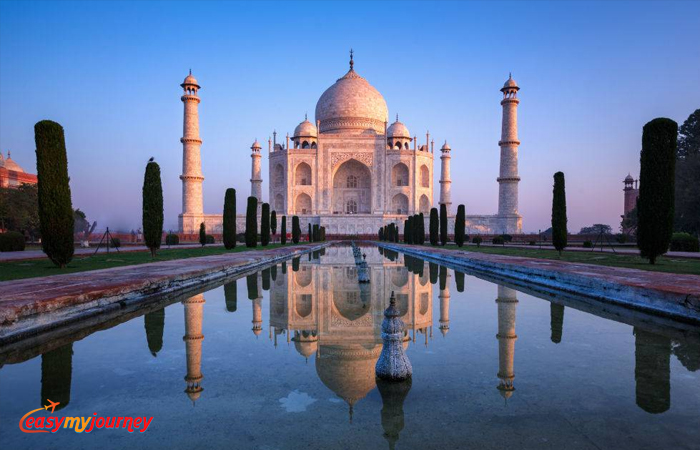Diwali or Deepavali is the Hindu festival of lights celebrated every year in autumn in the northern hemisphere (spring in southern hemisphere). It is an official holiday in Fiji, Guyana, India, Malaysia, Mauritius, Myanmar, Nepal, Singapore, Sri Lanka, Suriname, Trinidad and Tobago, and recently Sindh Province in Pakistan. One of the most popular festivals of Hinduism, it spiritually signifies the victory of light over darkness, good over evil, knowledge over ignorance, and hope over despair. Its celebration includes millions of lights shining on housetops, outside doors and windows, around temples and other buildings in the communities and countries where it is observed. The festival preparations and rituals typically extend over a five-day period, but the main festival night of Diwali coincides with the darkest, new moon night of the Hindu Lunisolar month Kartika in Bikram Sambat calendar (the month of Aippasi in Tamil Calendar). In the Gregorian calendar, Diwali night falls between mid-October and mid-November.
Before Diwali night, people clean, renovate, and decorate their homes and offices. On Diwali night, people dress up in new clothes or their best outfit, light up diyas (lamps and candles) inside and outside their home, participate in family puja (prayers) typically to Lakshmi – the goddess of fertility and prosperity. After puja, fireworks follow, then a family feast including mithai (sweets), and an exchange of gifts between family members and close friends. Deepavali also marks a major shopping period in nations where it is celebrated.
The name of festive days as well as the rituals of Diwali vary significantly among Hindus, based on the region of India. In many parts of India, the festivities start with Dhanteras (in Northern and Western part of India), followed by Naraka Chaturdasi on second day, Deepavali on the third day, Diwali Padva dedicated to wife–husband relationship on the fourth day, and festivities end with Bhai Dooj dedicated to sister–brother bond on the fifth day. Dhanteras usually falls eighteen days after Dussehra.
On the same night that Hindus celebrate Diwali, Jains celebrate a festival also called Diwali to mark the attainment of moksha by Mahavira, Sikhs celebrate Bandi Chhor Divas to mark the release of Guru Hargobind from a Mughal Empire prison, and Newar Buddhists, unlike the majority of Buddhists, celebrate Diwali by worshipping Lakshmi.
Significance: The festival marks the return of Lord Rama, along with his wife Sita and brother Lakshmana, after a long exile of 14 years.
Key attractions: Homes decorated with fancy lights, candles and clay lamps, bustling shops and markets, and fireworks and crackers
When: The darkest new moon night of Kartik month of the Hindu lunisolar calendar, which corresponds to mid-October – mid-November as per the Gregorian Calendar
Where: All over the country
2017 dates: 19th October

